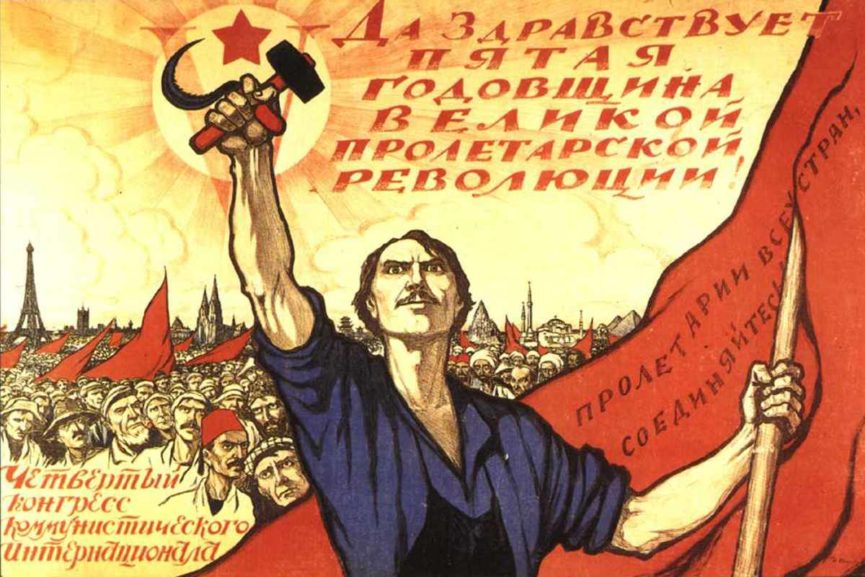‘CAPITALISM VS. SOCIALISM’
THE FIGHT OVER ‘NET NEUTRALITY’

Michael O’Reilly is no shrinking violet. Speaking before the American Legislative Exchange Council last Friday, the FCC Commissioner pulled no punches in describing Title II internet rules. He said the debate over them pits “capitalism vs. socialism”.
The Title II rules enforce ‘net neutrality‘. This means they forbid blocking, throttling, or paid prioritization of internet content. The rules are meant to keep ISPs from favoring their own content over content from competitors. Some internet providers, such as Comcast and AT&T, have their own TV service divisions, and regulators thought they might treat their own video more favorably than video from Hulu, Netflix, and other streaming services. Free Press, a consumer group, says the rules are necessary for free, open communication online. Without ‘net neutrality’, it says, ISPs could block political or social views they don’t like.
The FCC enacted the Title II rules in February 2015. The biggest cable and telecom systems objected fiercely, and lobbied hard for repeal.
With a new President came new majority in the FCC. The new Chairman, Ajit Pai, has said that Title II rules should be repealed, and O’Reilly has sided with Pai. Speaking to ALEC, he said, “All of the propaganda in the world cannot paper over the fact that these new burdens were not in response to actual market place events…” O’Reilly said the rules were enacted only because of “…hypothetical concerns dreamt up by radical activists”. He called ‘net neutrality’ a stalking horse for a larger effort to “vanquish capitalism and economic liberty”.
O’Reilly also criticized the offer of discount municipal broadband. He compared it to Venezuela’s offer of low-cost gasoline. The state required oil companies to sell their product for less than production cost, leading to massive shortages. O’Reilly said that municipal offers of free or cheap broadband would also produce shortages.
O’Reilly said he would support subsidies for the poor. However, he firmly opposes “…allowing government sponsored networks to use their unfair advantages to offer broadband services”. Capitalism, he says, is absolutely necessary.
(For broadband service, talk to us. To find out how to get the most out of it, talk to us. We can help.)

